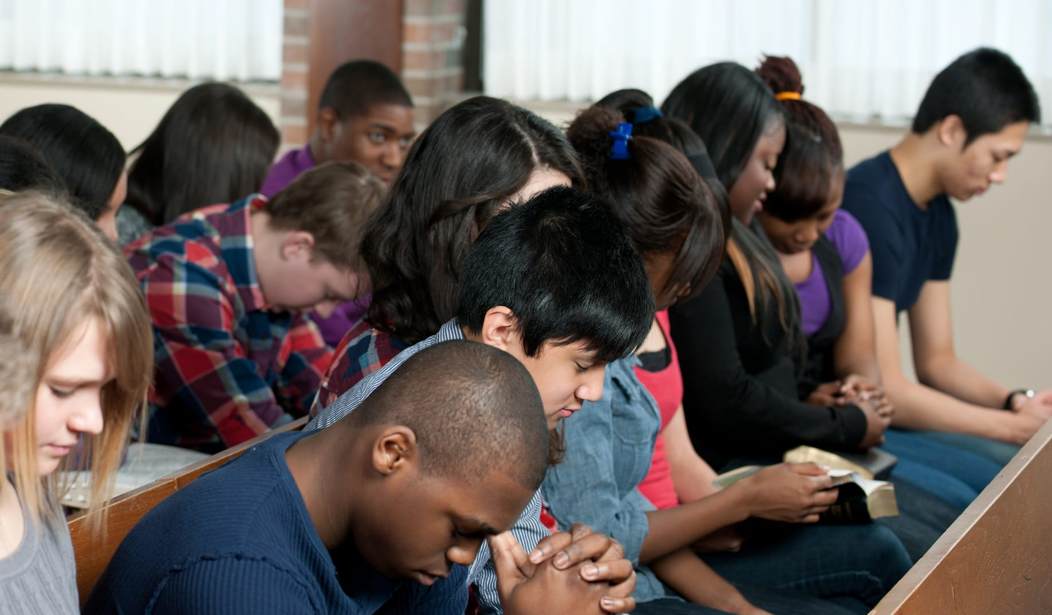A few weeks ago I read a compelling piece by Christian Toto in Acculturated about the hard decision he and his wife made to medicate their six-year-old son for behavioral issues. It wasn’t a decision they entered into lightly. In fact, when they decided to first seek out professional help to handle his emotional mood swings and outbursts, they did so with the caveat that they would in no way consider medicating their son.
Like many in the politically conservative spectrum, Toto and his wife highly value research regarding over-medicating young children, especially boys. Only after traveling the long road of therapy and behavioral regressions that took a toll on their household and marriage did he and his wife finally consider medication as an option. It was a choice that gave them back their son. But, he writes, “We don’t regret waiting this long to consider medication. We think alternatives to medication should be explored before taking this dramatic step.”
Toto’s story is personal, thoughtful and heartfelt, which is exactly why it should be taken into account when parents begin the difficult task of understanding how to discipline their toddlers and young children. I take his reflections as seriously as I do “A Grandma’s Review of the Parenting on Display at Open Gym” because they come from parents, a.k.a. people who are raising or have raised children themselves.
Then there are the “get off my lawn” types of criticisms that come from the echo chamber of childless millennials who think they know it all because they have a college degree. Also writing in Acculturated, Julia Dent (who has previously bemoaned her poor millennial state) turns a fair criticism of one parent who let her child run wild in a Sephora beauty store into a screed about the evils of children in a religious service:
Of course, children are energetic and many can’t sit still and focus for an hour, so I understand them having toys (soft or quiet ones, please) or coloring books during services or concerts. But what shocks me most is the parents’ reactions to their misbehaving children. Instead of keeping their children in the pew, they watch as their children run around the church. Occasionally, if children get too close to the front, the parents will grab them, only to take them to the back to let them continue to run around and yell. Not only does the misbehaving child get away with his or her actions, but it disrupts the Mass for the entire congregation.
Young parents crave spiritual homes. As a culture we should be welcoming them into our places of worship with open arms and plenty of grace. Unfortunately, this kind of grace is sometimes only generated through personal experience. Parenthood is a time of life when you need everything a good religious institution should provide: guidance, structure, forgiveness, and friendship. (A good program for little ones is also a plus.) Unfortunately, for far too long, churches and synagogues have been among the most unwelcoming places for young families. Is it any wonder, then, that children are lacking in basic social skills when one of the primary institutions to imbue such moral values is so quick to reject them?
Toto’s essay evoked the search for grace in parenthood. Dent would be wise to read it and think twice before letting a few bad apples spoil the barrel of young, innocent minds that could only benefit from the morality, love and, yes, grace that the best of Judeo-Christianity has to offer. Dent may not be able to empathize with the plight of exhausted parents attempting to get a little religion into their child’s life, but she should be able to sympathize (she certainly has enough stress of her own). And while I may not be Catholic, I know enough to rhetorically ask, isn’t that what Jesus is all about?









Join the conversation as a VIP Member